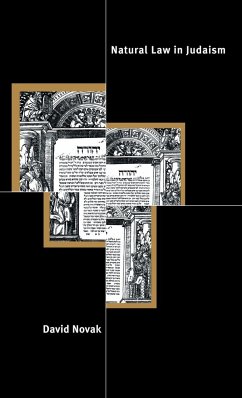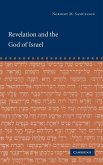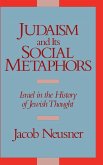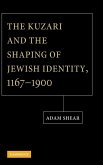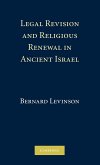This book breaks new ground in the study of Judaism, in philosophy, and in comparative ethics. It demonstrates that the assumption that Judaism has no natural law theory to speak of, held by the vast majority of scholars, is simply wrong. The book shows how natural law theory, using a variety of different terms for itself throughout the ages, has been a constant element in Jewish thought. The book sorts out the varieties of Jewish natural law theory, illuminating their strengths and weaknesses. It also presents a case for utilising natural law theory in order to deal with current theological and philosophical questions in Judaism's ongoing reflection on its own meaning and its meaning for the wider world. David Novak combines great erudition in the Jewish tradition, the history of philosophy and law, and the imagination to argue for Judaism in the context of current debates, both theoretical and practical.
Table of contents:
Preface; 1. The challenge of modern secularity; 2. Scriptural foundations; 3. Jewish ethics and natural law; 4. Maimonides' teleology of the law; 5. Natural law and created nature; 6. Noahide law and human personhood; 7. Conclusion; Bibliography; Index.
Natural law is the idea that our basic moral principles are universal. Most people have assumed that an idea like natural law must be foreign to Judaism because of its specific historical revelation and tradition. This book shows that natural law is part of Judaism, and that it is consistent with this specific revelation and tradition.
This book breaks new ground in the study of Judaism, in philosophy, and in comparative ethics.
Table of contents:
Preface; 1. The challenge of modern secularity; 2. Scriptural foundations; 3. Jewish ethics and natural law; 4. Maimonides' teleology of the law; 5. Natural law and created nature; 6. Noahide law and human personhood; 7. Conclusion; Bibliography; Index.
Natural law is the idea that our basic moral principles are universal. Most people have assumed that an idea like natural law must be foreign to Judaism because of its specific historical revelation and tradition. This book shows that natural law is part of Judaism, and that it is consistent with this specific revelation and tradition.
This book breaks new ground in the study of Judaism, in philosophy, and in comparative ethics.

